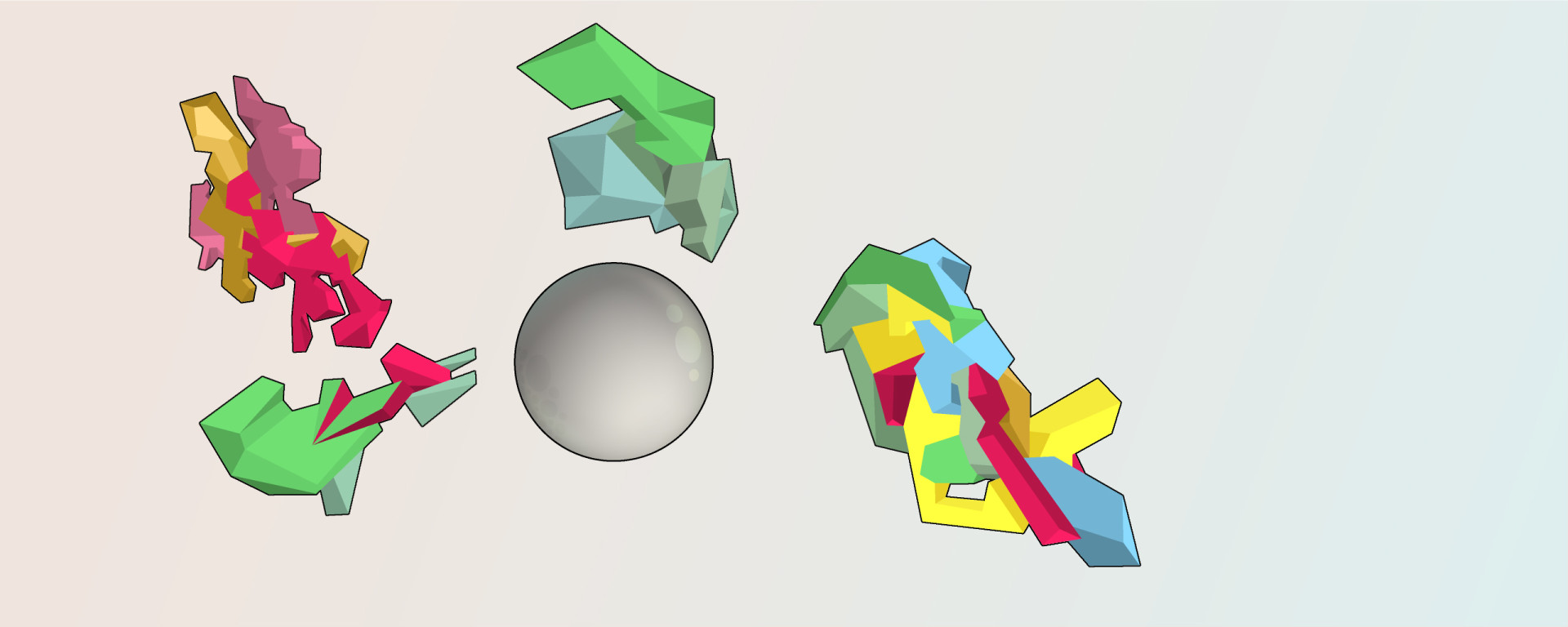Alligator Pie
The other day when I was ordering pizza, I got to thinking about point-of-view assumptions that are ingrained in my English-speaking culture; I suppose that these examples could be called culturally or anglocentrically deictic. (I can’t speak for other English-speaking cultures, so I don’t know how inherent these assumptions are in other cultures.)
For example, when given the choice of “Pick up” or “Delivery”, there’s the temptation to answer like a smart-ass, and say something like “Delivery – I’m gonna deliver myself to your restaurant and you better deliver a fresh pizza to the counter” or “Pick up – you’re gonna pick up a pizza from the oven and drive to my house, and then I’m gonna pick up the pizza outta your hands after I pay for it on my front porch”.
In these cases, the default is that the food transportation method is interpreted by both parties from the point-of-view of me, Joe Pizzaeater.
Subsequently, I thought of a couple other anglocentric terms:
One assumptive set of phrases that bothered me growing up was greater than and less than, and their arithmetic symbols. Learning math in elementary school, the definitions “> means greater than” and “< means less than” seemed wrong to me. These definitions make the assumption that “3 > 2” must be read left-to-right: “Three is greater than two.” Why isn’t “3 > 2” a language-neutral expression that can be translated just as validly into “Two is less than three”??
Another set of similar grade-school assumptions is that of cardinal directions. Like the greater/less than terms, these assumptions were also unmentioned or glossed over in elementary school. One of these is the arbitrary use of North for the ‘upward’ direction on maps & globes. (More info & counterexamples on ‘upside down maps‘)
A second anglocentric direction-based assumption is, of course, the phrase “the far east”; This one bothered me as well growing up. Since the earth is round, everything is both “to the east” and “to the west”. The assumption with phrases such as “the far east” is that you are defining an area in relation to a ‘default’ area (e.g., England).
I’m guessing that these assumptions are not explained to most children growing up; they are simply expected to make & carry on the same assumptions. Bonus research topic: Perhaps being exposed to expressions such as “Don’t drink & drive” as children makes people tend to assume that ‘If something is a drink, it’s an alcoholic drink’ by default. Extra credit if you can drive a 10-year-old to alcoholism by the end of your research.
